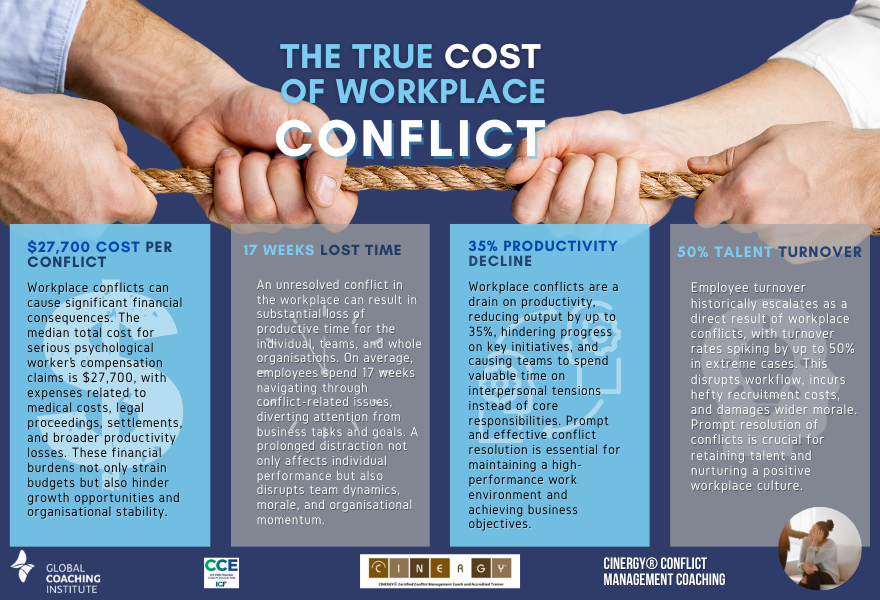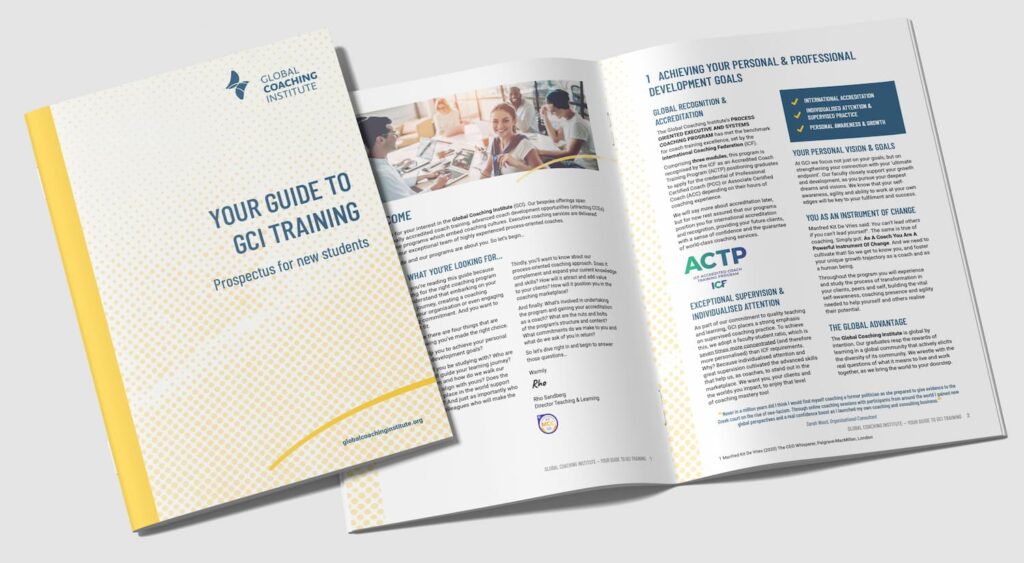Lately Vicki and I have had requests to share more about how we entered the world of coaching. Here’s the path I took, and Vicki’s story will follow shortly.
My own trajectory into coaching began as an occupational therapist specialising in psychological injury in the workplace. You could say fate positioned me at the intersection of therapeutic and organisational life.
My role was to rehabilitate individuals who had suffered serious psychological injuries and support their return to work. My regular engagement with the workplace helped me to develop a strong systems perspective, viewing the individual in context. It wasn’t just about a person’s psychology, the environmental dynamics and role demands had to be assessed carefully in order for robust outcomes to be achieved.
Perhaps not surprisingly these skills are inherent in a systemic or process-oriented approach to coaching.
Looking for a Preventive Model
Whilst I gained great insight into organisational systems, I felt like a paramedic, always responding after a crisis. Though I knew I’d done some great work with individuals, it would have been better if my services were no longer needed. So, I was drawn to a preventive approach, but my brief didn’t always authorize me to address underpinning dynamics – such as poor leadership and management practices or excessive workloads – that so often resulted in injury.
My desire to get ahead of the game, to prevent crises before they happened, ultimately led me to coaching. The path was initially unclear, but I followed its scent. We all have moments like this; a knowing that arises within us, that there must be a better way.
With the understanding I now have as a coach, I see that my commitment to the goal drew me forward into unfamiliar territory. Having travelled that path myself, I have a deep confidence that when an individual lets go and follows their deepest knowing or instinct, the information, support and resources they need will show up. I knew I could be having a greater impact and over time that proved itself to be true.
My journey saw me drawing on my knowledge of personal development to teach in leadership development programs. Through my clients, I learned more and more about the challenges they faced. I developed an ear for the different patterns underlying common organisational challenges, diverse ways of responding and the intended and unintended consequences. I drew on skills I had learned in my early training as a therapist, and transferred them to this new field. I was also fortunate to work with some great Action Learning pioneers, learning enquiry methods that tap individuals’ tacit knowledge – and are a cornerstone of coaching.
Supporting the Client to be Their Own Expert
However, it was when I discovered coaching as a profession, that I truly learned to work beyond the limits of my own expertise. In coaching, I learned to resist the compulsion to be an expert. I learned to partner with my clients and to facilitate their own process of inquiry and development.
Coaching opened new doors. These days as I coach executive teams in strategic planning and decision making contexts, coach individuals and groups embroiled in conflicts and pursue my fascination with leadership development, I am grateful for these expanded horizons.
I know I am supporting the creation of healthy workplace cultures, using my skills to their fullest. As a bonus for myself, I also get to travel much more as a coach. Since a lot of sessions can be done online, I can now do my work from the beach!
Reflections
What is the vision that draws you into unfamiliar territory?
What do you sense even before it has taken form?




